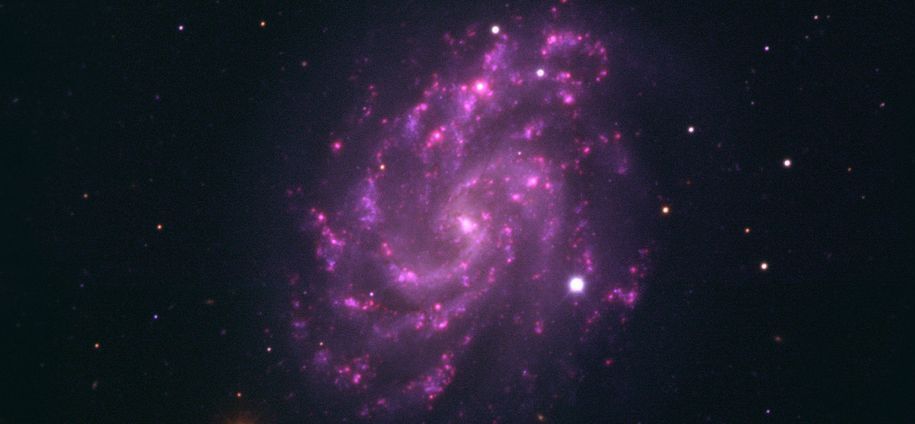Russian astrophysicists propose the Casimir Effect causes the Universe’s expansion to accelerate.
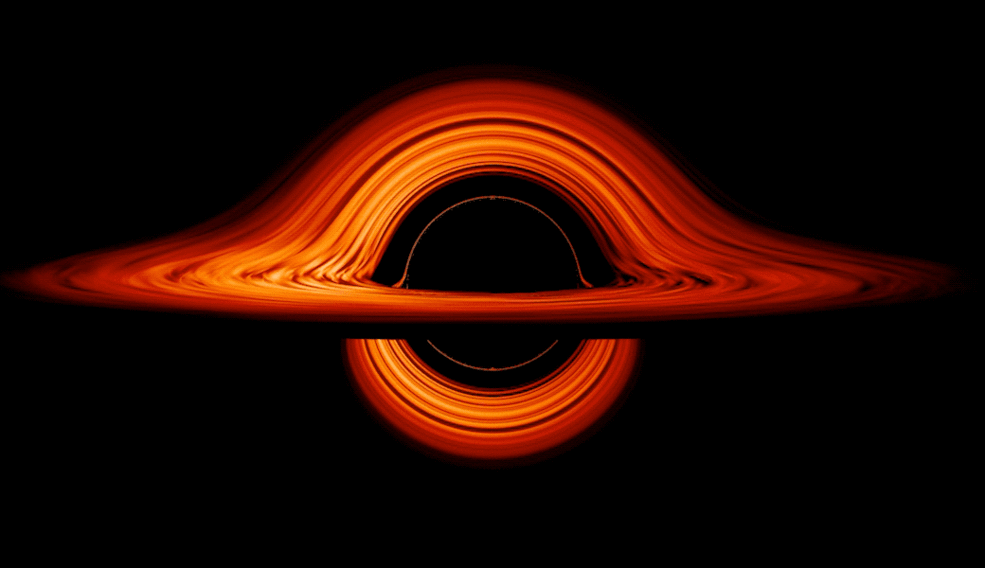

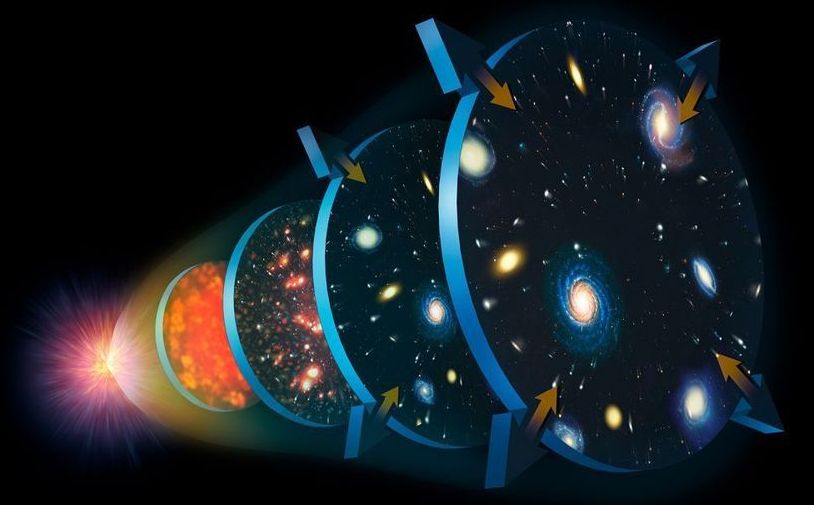
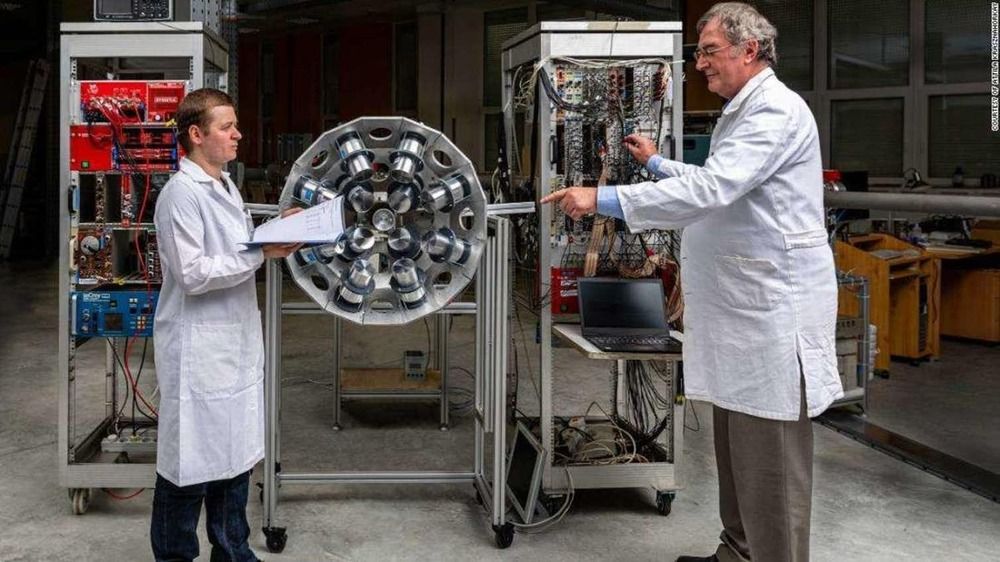

The discovery of an exceptionally strong “forbidden” beta-decay involving fluorine and neon could change our understanding of the fate of intermediate-mass stars.
Every year roughly 100 billion stars are born and just as many die. To understand the life cycle of a star, nuclear physicists and astrophysicists collaborate to unravel the physical processes that take place in the star’s interior. Their aim is to determine how the star responds to these processes and from that response predict the star’s final fate. Intermediate-mass stars, whose masses lie somewhere between 7 and 11 times that of our Sun, are thought to die via one of two very different routes: thermonuclear explosion or gravitational collapse. Which one happens depends on the conditions within the star when oxygen nuclei begin to fuse, triggering the star’s demise. Researchers have now, for the first time, measured a rare nuclear decay of fluorine to neon that is key to understanding the fate of these “in between” stars [1, 2]. Their calculations indicate that thermonuclear explosion and not gravitational collapse is the more likely expiration route.
The evolution and fate of a star strongly depend on its mass at birth. Low-mass stars—such as the Sun—transition first into red giants and then into white dwarfs made of carbon and oxygen as they shed their outer layers. Massive stars—those whose mass is at least 11 times greater than the Sun’s—also transition to red giants, but in the cores of these giants, nuclear fusion continues until the core has turned completely to iron. Once that happens, the star stops generating energy and starts collapsing under the force of gravity. The star’s core then compresses into a neutron star, while its outer layers are ejected in a supernova explosion. The evolution of intermediate-mass stars is less clear. Predictions indicate that they can explode both via the gravitational collapse mechanism of massive stars and by a thermonuclear process [3– 6]. The key to finding out which happens lies in the properties of an isotope of neon and its ability to capture electrons.

The fact that our Universe is expanding was discovered almost a hundred years ago, but how exactly this happens, scientists realized only in the 90s of the last century, when powerful telescopes (including orbital ones) appeared and the era of exact cosmo.
International Journal of Modern Physics has published an article by the IKBFU Physics and Mathematics Institute Artyom Astashenok and the Institute’s MA student Alexander Teplyakov. The article refers to the issue of the “Dark Enegry” and an assumption is made that the Universe has borders.
Artyom Astashenok told:
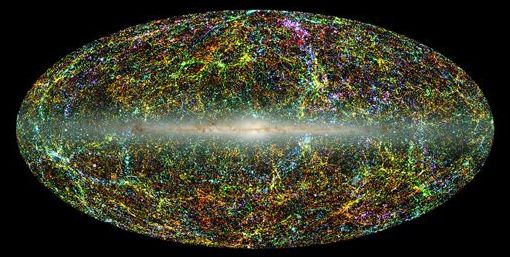
Dozens of astronomers from around the world including experts from the USA and Australia have taken to Twitter to discuss the phenomenon and whether it means an explosion is imminent.
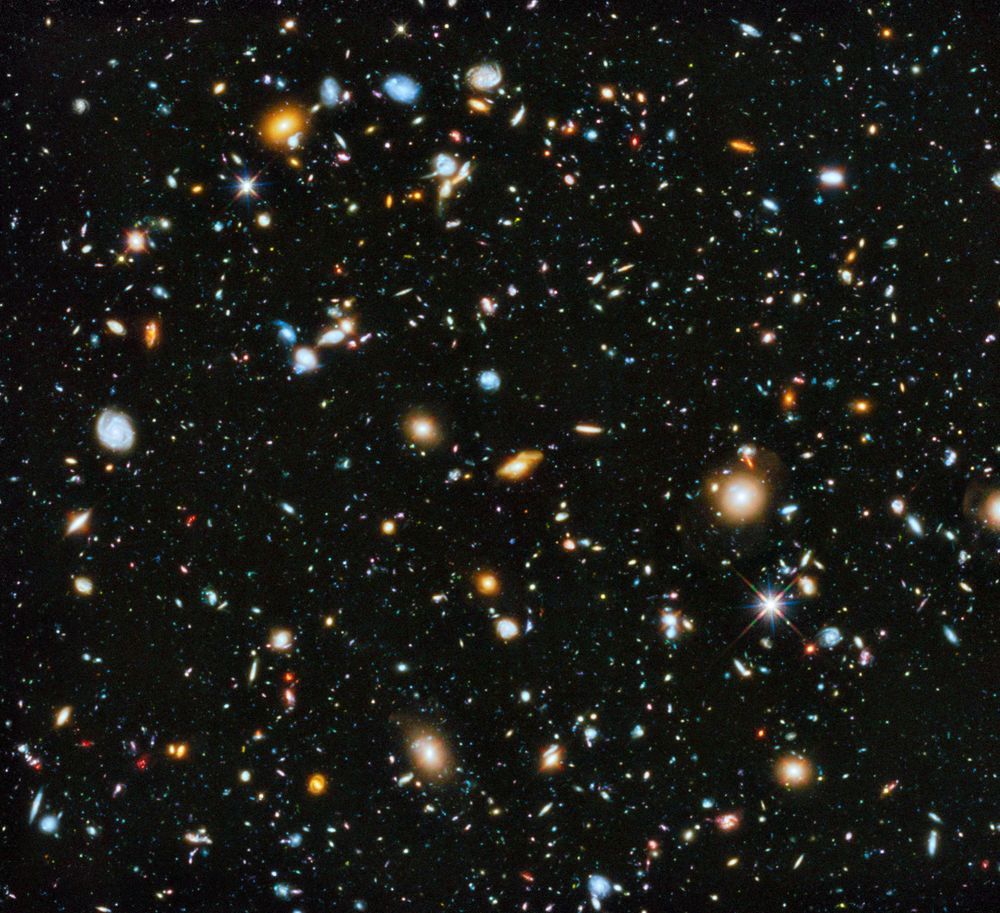
Next time you eat a blueberry (or chocolate chip) muffin consider what happened to the blueberries in the batter as it was baked. The blueberries started off all squished together, but as the muffin expanded they started to move away from each other. If you could sit on one blueberry you would see all the others moving away from you, but the same would be true for any blueberry you chose. In this sense galaxies are a lot like blueberries.
Since the Big Bang, the universe has been expanding. The strange fact is that there is no single place from which the universe is expanding, but rather all galaxies are (on average) moving away from all the others. From our perspective in the Milky Way galaxy, it seems as though most galaxies are moving away from us – as if we are the centre of our muffin-like universe. But it would look exactly the same from any other galaxy – everything is moving away from everything else.
To make matters even more confusing, new observations suggest that the rate of this expansion in the universe may be different depending on how far away you look back in time. This new data, published in the Astrophysical Journal, indicates that it may time to revise our understanding of the cosmos.
